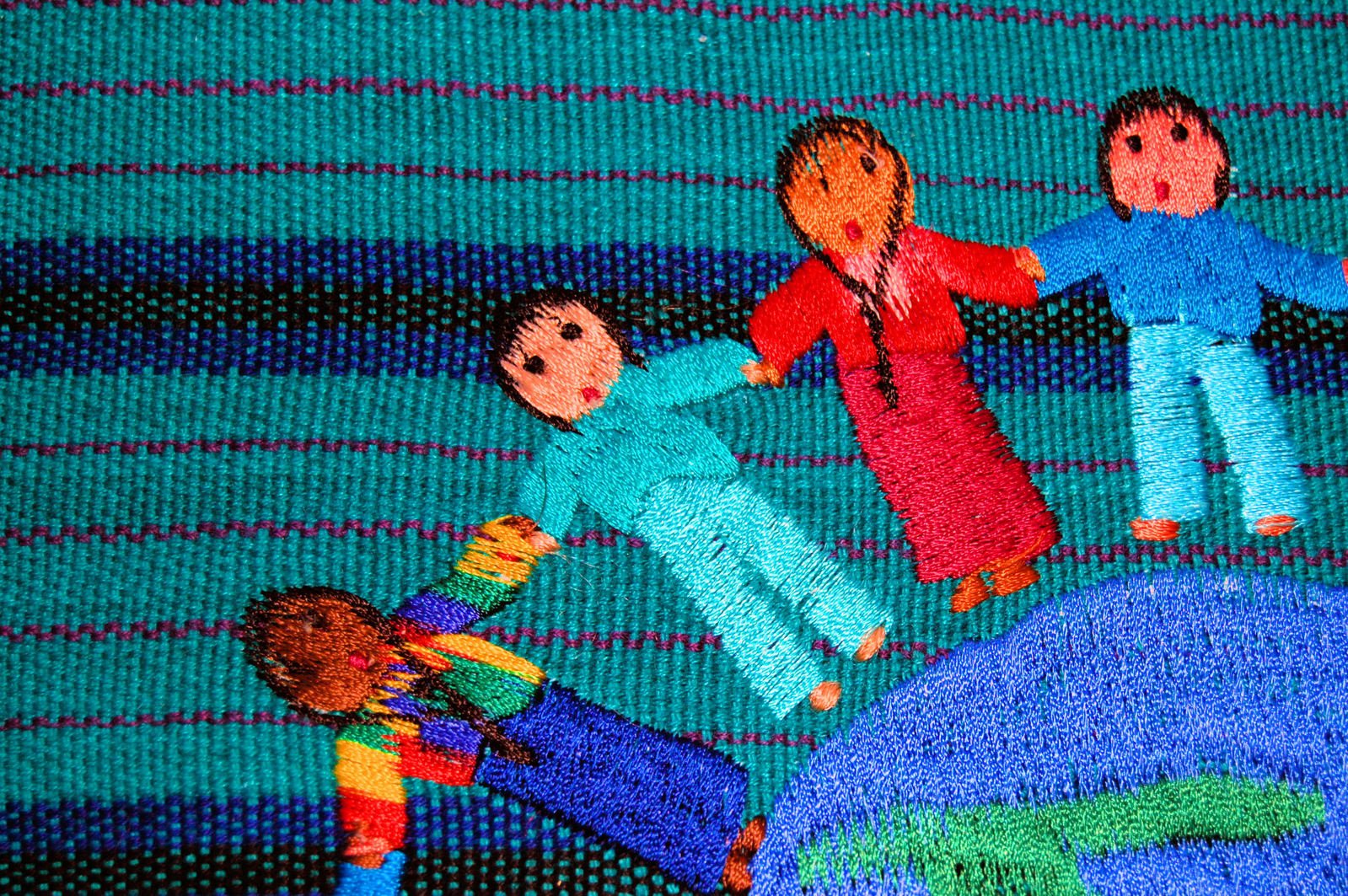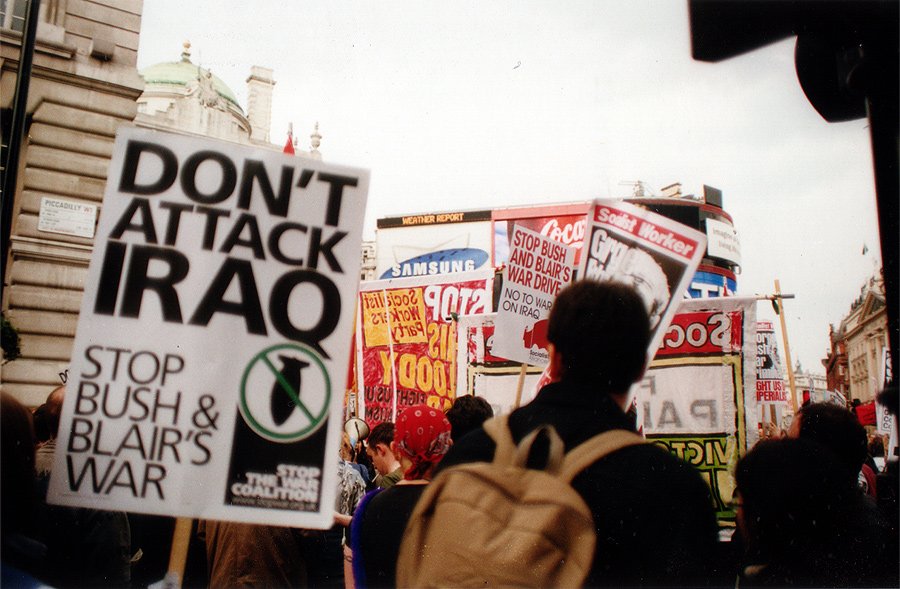
Yanis Varoufakis explains corporations- and oligarchs-led 'progress', which sometimes boils down to mere slogans and symbolism, not substantial and meaningful reform/s. We've set aside parts that are less crucial to focus on what he says about symbolic change versus real change (like the cull of allegedly 'offensive' words whilst ignoring Microsoft's work with ICE and endless bombing campaigns that kill many civilians, usually "people of colour").
TIMES are increasingly tough and very much rough (as they have been for about half a year in most places). Coronavirus is eating away, devouring the economy. Many people unemployed or barely employed, children stranded at home shortly after schools reopen (where lock-downs are being reinstated -- that's more countries over time). Discontent is everywhere, sometimes resulting in riots and manifesting domestic violence.
"Where was the mass media (corporate/mainstream media) when trillions of dollars were passed mostly to rich shareholders of companies (rather than those in dire need of money)?"There are societal, economic and structural issues. With more and more people at risk of losing the roof over their head or quite literally starving (some families are going hungry already) the threshold for tolerating the status quo is reached and exceeded. There's no sign of an imminent solution to all (or any) of this. A lot of people demand change, ranging from better access to health/food... to nutty ideas like "herd immunity" (whose advocates barely understand what it involves). Of course the virus (COVID-19 and maybe -- seeing that it's a moving target -- some time soon COVID-20 or -21 etc. because it keeps mutating) won't stop attacking, even attacking the same people over and over again, until they're dead or until there's mass vaccination (or until the virus is eradicated by quarantine, but it seems too late for that).
 Social justice is fine. Public health is very important. Good conduct is necessary. But at the moment we're seeing all sorts of misguided 'movements', whose underlying goals and motives overlook the much greater problems or misinterpret (distort, misframe, oversimplify) existing problems. Some years ago at Penn, Richard Stallman was confronted by an animal rights activist (video here) and he explained to her that there were many problems in the world and he needed to focus on particular ones he was better equipped to tackle (as a software developer). Activism is very important, but one's goal should depend on one's capacity and area of knowledge. It is totally understandable. Environmental preservation, for instance, is often led by biologists, veterinarians, nutritionists (looking to prevent mass extinction of species at risk) and so on. We support them financially, knowing that they understand how to accomplish their goals. To give another example, race struggle or the fight for racial equality is typically fought by the victims. When people who are themselves privileged and entitled lead this battle it understandably lead to suspicion. Can a white millionaire from Connecticut speak 'on behalf' of black people? Can a spoiled brat from Washington, who never in his entire lifetime experienced being anything less than super-rich (since birth), speak 'for' the starving children of Africa?
Social justice is fine. Public health is very important. Good conduct is necessary. But at the moment we're seeing all sorts of misguided 'movements', whose underlying goals and motives overlook the much greater problems or misinterpret (distort, misframe, oversimplify) existing problems. Some years ago at Penn, Richard Stallman was confronted by an animal rights activist (video here) and he explained to her that there were many problems in the world and he needed to focus on particular ones he was better equipped to tackle (as a software developer). Activism is very important, but one's goal should depend on one's capacity and area of knowledge. It is totally understandable. Environmental preservation, for instance, is often led by biologists, veterinarians, nutritionists (looking to prevent mass extinction of species at risk) and so on. We support them financially, knowing that they understand how to accomplish their goals. To give another example, race struggle or the fight for racial equality is typically fought by the victims. When people who are themselves privileged and entitled lead this battle it understandably lead to suspicion. Can a white millionaire from Connecticut speak 'on behalf' of black people? Can a spoiled brat from Washington, who never in his entire lifetime experienced being anything less than super-rich (since birth), speak 'for' the starving children of Africa?
"If one convinces oneself that changing names of things is a high-priority goal, one aims very, very low."As an activist myself (since my late teenage years), I more or less understand the need to focus on areas more familiar/comfortable to myself. Otherwise, there's risk that the wrong solutions will be sought, based on the wrong assumptions and a deep misunderstanding of root causes.
Over the past few years we've seen more and more hypocrites, exploited/leveraged as 'useful idiots' by corporations and oligarchs (also propped up by their media apparatuses), looking for "social justice" by misguided methods, including trolling and dethroning powerful people whom they perceive to be the root of all evil. In practice, what they mostly accomplish is a sort of "chilling effect" (censorious society) by 'making an example' of high-profile people. Are we better off for this? Are hungry families better fed now? Are opportunities opening up for misfortunate people on the verge of homelessness? Have race tensions been reduced or increased (suspicion among races is rarely helped by combative elements)?
 Where was the mass media (corporate/mainstream media) when trillions of dollars were passed mostly to rich shareholders of companies (rather than those in dire need of money)? Or as soon as social security programs/safety nets were cut or completely gutted (when needed the most)? Why doesn't the media write about civilian casualties of war each and every day? Because they're not wealthy people and therefore they're unworthy of sympathy and aren't of general interest? Empathetic media would pay more attention to the grief of common people all around the world, not the 'pains' of a break-up experienced in Beverly Hill (probably by some Hollywood celebrity whose job is choreographed fiction).
Where was the mass media (corporate/mainstream media) when trillions of dollars were passed mostly to rich shareholders of companies (rather than those in dire need of money)? Or as soon as social security programs/safety nets were cut or completely gutted (when needed the most)? Why doesn't the media write about civilian casualties of war each and every day? Because they're not wealthy people and therefore they're unworthy of sympathy and aren't of general interest? Empathetic media would pay more attention to the grief of common people all around the world, not the 'pains' of a break-up experienced in Beverly Hill (probably by some Hollywood celebrity whose job is choreographed fiction).
"Microsoft keeps telling us that it "loves Linux", so we're asked to assume the "war is over" (stop resisting!) and "Open Source has won" (in practice, taken over)."Campaigning for justice necessitates constant or at least periodic assessment (introspection perhaps) of one's goals and means. If one convinces oneself that changing names of things is a high-priority goal, one aims very, very low. That helps appease those who gain the most from the status quo. There don't want to see any major change, so they'll settle on small and symbolic compromises. We're led to think that we're accomplishing so much while in practice we accomplish so little. In the realm of technology, for instance, we're meant to think that having the option to share data between Facebook and Google is "progress" and having "secure" Clown Computing (where the host can still access all the data or deny access to it) is a "win" for privacy. Microsoft keeps telling us that it "loves Linux", so we're asked to assume the "war is over" (stop resisting!) and "Open Source has won" (in practice, taken over).
 People who still (in 2020) think that co-existence with mass surveillance companies (an extension of regimes) is a step forward clearly underestimate the problem we're in. This week, for example, PIA published "Web sites shared over 100 trillion pieces of our personal data last year" (they do this to manipulate people, not to better serve them). If we refuse to take these issues seriously and instead celebrate a change of name (default Git branch), then congratulations! We've been collectively fooled and we're doomed to lose all meaningful battles. ⬆
People who still (in 2020) think that co-existence with mass surveillance companies (an extension of regimes) is a step forward clearly underestimate the problem we're in. This week, for example, PIA published "Web sites shared over 100 trillion pieces of our personal data last year" (they do this to manipulate people, not to better serve them). If we refuse to take these issues seriously and instead celebrate a change of name (default Git branch), then congratulations! We've been collectively fooled and we're doomed to lose all meaningful battles. ⬆